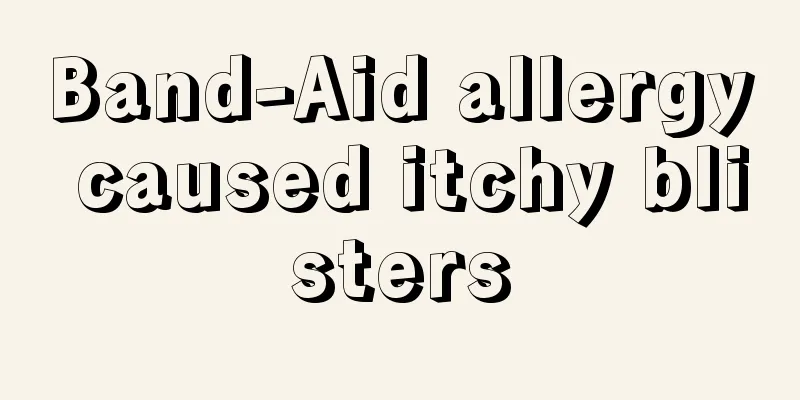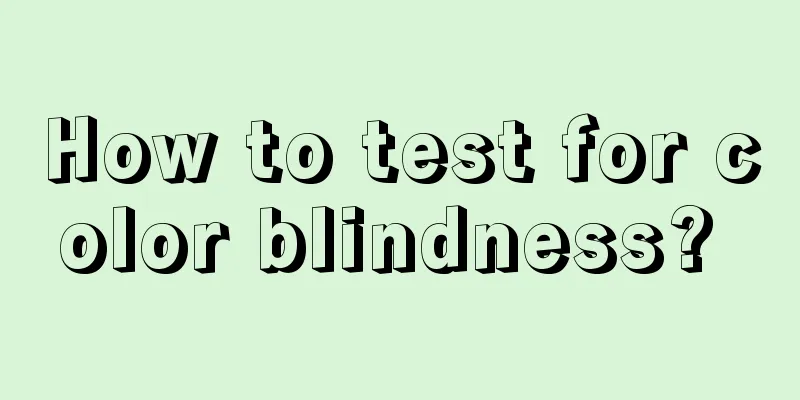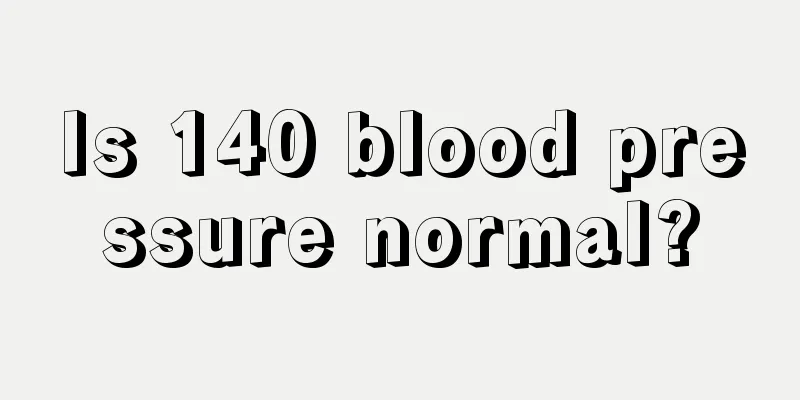Band-Aid allergy caused itchy blisters

|
Band-Aids are essential medical supplies in our homes, because no matter it is a cut or a scratch, just a Band-Aid can speed up the recovery of the wound and prevent bacterial infection. However, some people are allergic to Band-Aids and may experience small blisters or even itching after using them. In fact, there are ways to deal with this. Let’s take a look at what to do if you are allergic to Band-Aids and small blisters and itching occur. Symptoms of Band-Aid Allergy An allergy to a Band-Aid may be due to an allergy to the adhesive tape or to an allergy to the medication in the medicated Band-Aid. But the symptoms of allergies are basically similar. Small blisters and bumps appear on the area where the Band-Aid is applied, and the area may be large or small. The symptoms are redness, swelling and itching. If the blisters are broken, pus will flow out. Contact dermatitis is the most common allergic skin disease. First, stop using the Band-Aid that causes the allergy and try not to break the blisters. Oral anti-allergic drugs are recommended: cetirizine tablets, vitamin C, topical calamine lotion and pevisone. What to do if you are allergic to Band-Aid What should you do if you are allergic to Band-Aids? After all, Band-Aids are a convenient way to stop bleeding in an emergency, and they are needed when you have a small wound in your daily life. Therefore, we must first understand the cause of the allergy, whether it is an allergy to the Band-Aid tape or an allergy to the medicine in the medicated Band-Aid. If you are allergic to the medicine, remember to use only non-medicated Band-Aids next time; the effect will be similar. If you are allergic to the tape of the Band-Aid, you can try Band-Aids made of different materials, or liquid Band-Aids, or you can directly use gauze to stop the bleeding. So how to relieve the allergic symptoms when you are allergic to Band-Aid? The first thing to do is of course to stop using Band-Aids, and then you can use zinc oxide ointment or cyproheptadine ointment for treatment. Pay attention to hygiene and avoid eating spicy food. If the symptoms are severe, you can take oral anti-allergic drugs such as cyproheptadine. |
<<: My hands are itchy and small bubbles appear when I scratch them. What's going on?
>>: What to do after sunburn during military training
Recommend
What are the manifestations of kidney deficiency on the tongue?
The tongue can reflect our physical condition. A ...
How to treat spinal cord compression
What are the symptoms and hazards of spinal cord ...
How to kill cockroaches
We all know that cockroaches are creatures that h...
Girls put toothpaste on the soles of their feet
There are many problems in the human body. People...
How much does chemotherapy for tongue cancer cost?
How much does it cost for a chemotherapy session ...
What are the early symptoms of fibroids
When we hear about fibroids, we know how harmful ...
What are the diagnostic methods for laryngeal cancer?
In recent years, laryngeal cancer has become a ma...
Methods to induce menstruation after IVF egg retrieval
Nowadays, many couples suffer from infertility du...
Learn how to make Shaanxi Liangpi
When talking about Shaanxi's delicious snacks...
What to do if you swallow a steel wool
Steel wool is very common in our daily life. Most...
Castration therapy for prostate cancer
Castration therapy for prostate cancer 1. For pro...
There are so many ways to eat Panax notoginseng powder soaked in rice wine
As we all know, Panax notoginseng has the effects...
Various indoor plants?
Many people like to grow some green plants indoor...
Only by combining cervical cancer examination can patients discover the disease as early as possible
Cervical cancer is one of the common malignant tu...
Diagnostic basis of prostate sarcoma
Compared with prostate cancer, prostate sarcoma i...









